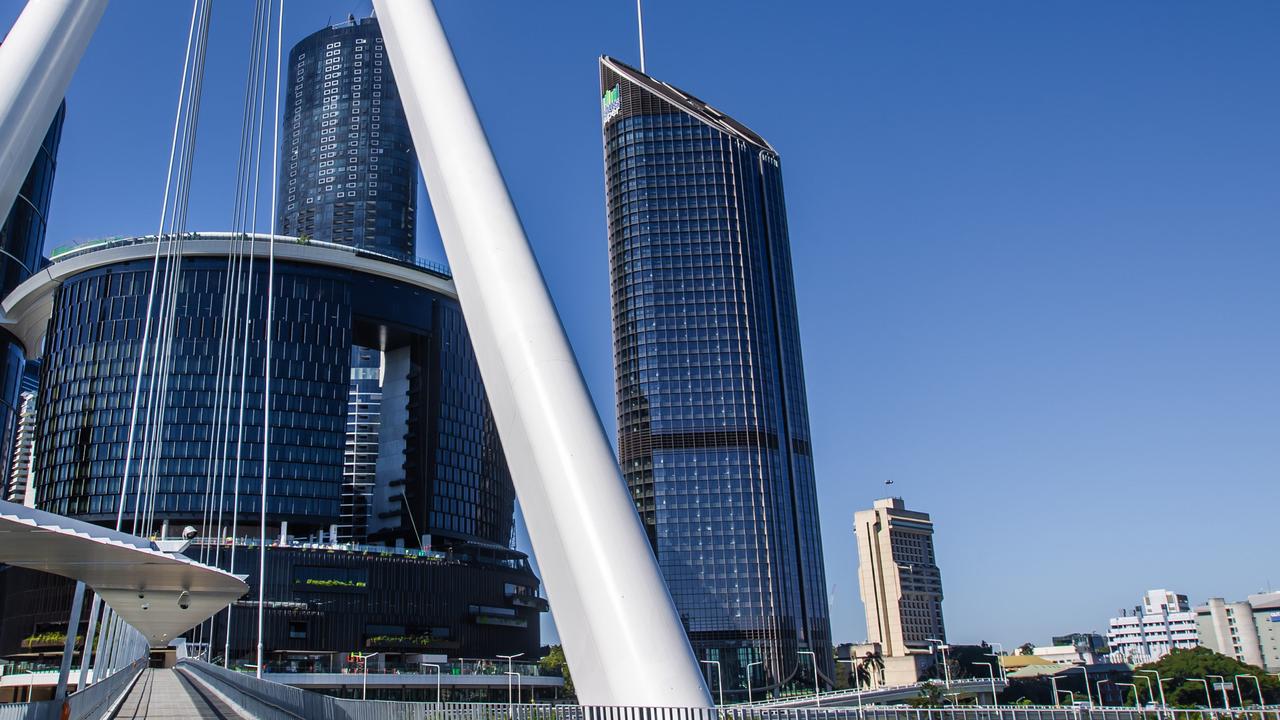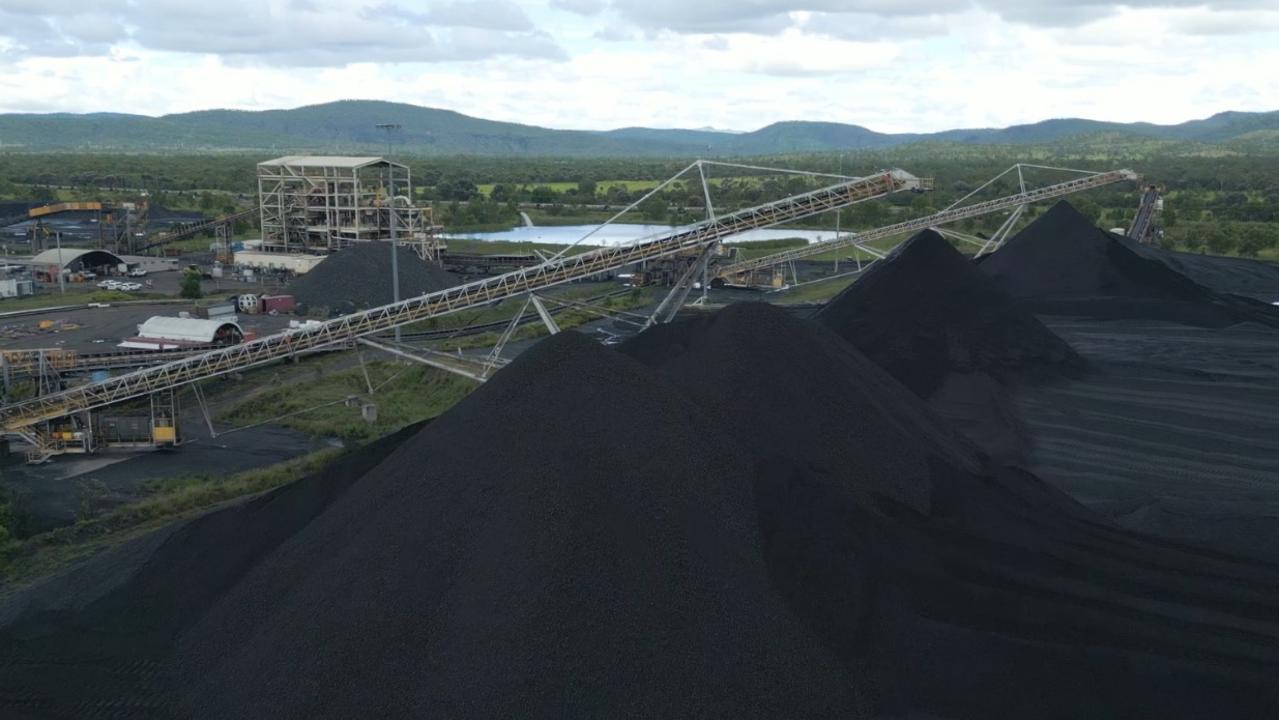Origin Energy CEO Frank Calabria bets on green for earlier payback
There are bigger forces at play as the energy giant exits one of the world’s biggest untapped shale projects.
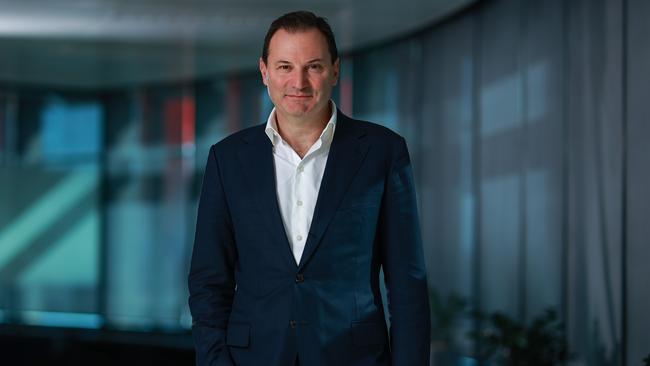
Business
Don't miss out on the headlines from Business. Followed categories will be added to My News.
Origin Energy’s Frank Calabria is trading off a high-cost, high-risk long-term exploration portfolio for a costly but lower-risk collection of renewable energy projects that will deliver a faster payday and green credibility to boot.
That’s the upshot of Calabria’s call to walk away from the large Northern Territory exploration fields centred on the Beetaloo Basin, as well as flagging an exit from other untested permits including Cooper and Canning in Western Australia. It consolidates Origin’s aim to ramp up spending on downstream electricity projects that are closer to the customer, as opposed to the Origin of old that saw itself as a Santos or Woodside developer of gas fields.
However in walking away from the long held Beetaloo, which at various times has been described as one of the biggest untapped shale gas fields in the world, Origin isn’t really swearing off gas.
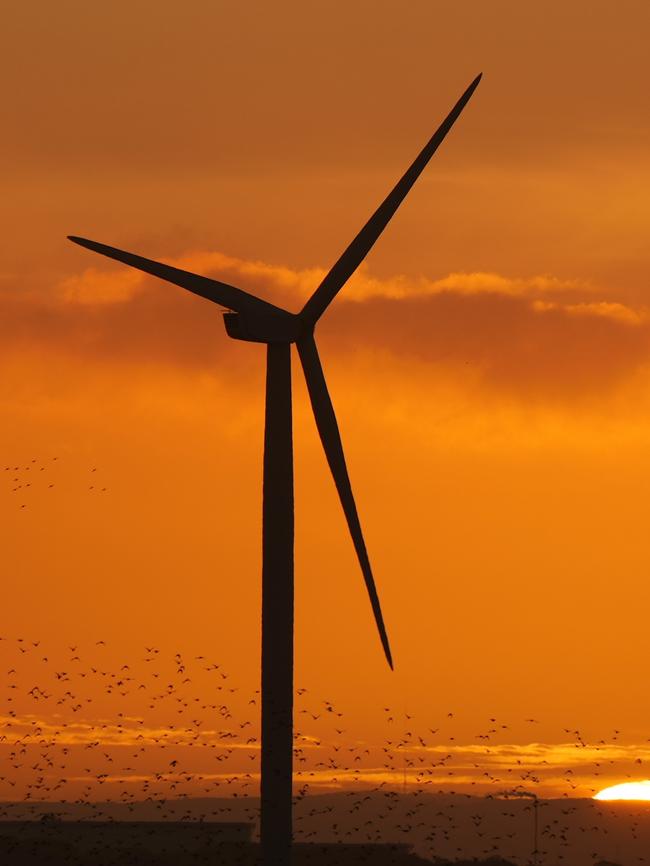
The energy giant has locked in an offtake agreement from its Beetaloo shale fields if they become commercially viable, as well as holding onto a 5.5 per cent royalty stream for the life of any project. At the same time it remains committed to its massive Australia Pacific LNG joint venture, a major gas exporter – and when Europe isn’t scrambling for supplies – a contributor to the east coast gas market.
Indeed Calabria says even with lower carbon hurdles in place gas still has a role to play at Origin for many years to come.
“We have a strong belief in the criticality and importance of gas in the energy mix,” Calabria tells The Australian.
But the race to decarbonise Australia’s electricity market is now a bigger opportunity for Calabria, who remains under constant pressure from investors to deliver a greener portfolio.
The energy giant has already flagged the closure of its giant Eraring coal-fired power station in NSW by 2025. From there this will trigger a major step-up in spending on wind and solar generation. Green hydrogen is on the cards and the company is already committed to a 700MW mega-battery project at the Eraring site.
Last month Origin outlined a blueprint on how it expects to get to net zero emissions by 2050, including a bigger ambition to slash its carbon emissions by 40 per cent by the end of this decade. To get to this 2030 target Origin is planning to have 4GW of renewable energy and storage in place which involves more than half of its capital budget now being spent on green projects. Beetaloo was never factored into these targets.
The Beetaloo exit is the real-world outcome of shifting environmental targets occurring inside boardrooms. In recent months banks from National Australia Bank to Westpac have spoken about the wave of money coming for the energy transition and this is the start of the great reallocation, particularly when it comes to longer-term energy investments.
Calabria says the changes reflect Origin’s evolving strategy built around cleaner energy and renewables and the delivery of reliable energy and “that’s clearly got a set of priorities where we’ll need to make choices to where we allocate capital”.
Calabria also acknowledges the Beetaloo project is in exploration and appraisal phase and the nature of these projects can be “uncertain and also capital intensive”.
“Therefore it’s a choice about how we think about capital allocation more than anything,” he says.

For the Beetaloo project at least another three to five years of appraisal and testing would be needed for Origin to form an accurate picture of the economics of the shale gas potential of the basin. The remote location of the fields means project costs would be high, come with additional risk and uncertainty over whether such a large commercial resource would be needed before a pipeline can be built.
Here the NT fields would more likely be used to feed into Darwin to fuel long term LNG exports rather than connect to the east coast market through the Moomba gas pipeline. Santos, another explorer in the region, has previously said domestic markets alone wouldn’t be able to support the development of Beetaloo.
Once these hurdles are cleared, it could be as much as a decade before gas from the Beetaloo fields could reach the market.
It’s not all smooth sailing for Origin, on a current reserve its part-owned APLNG project has around 16 years worth of gas. Substantial capex will need to be spent down the track either developing existing Queensland fields or opening up new sites to extend the life of the export project. Unless new supply can be tapped it will have limited ability to supply the domestic market as APLNG’s current fields mature.
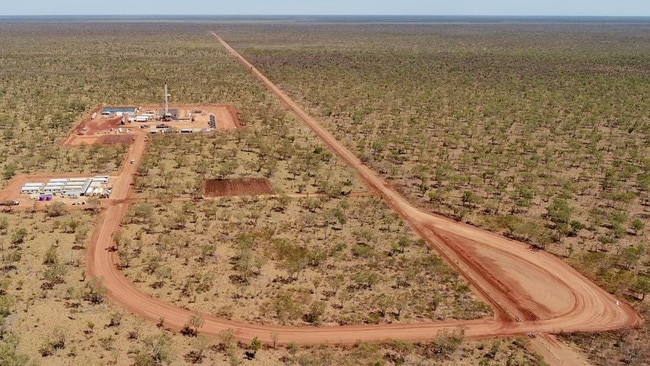
Origin will sell its interest in several Beetaloo permits to exploration junior Tamboran Resources for $60m. Origin will also take a $90m writedown on the value of the permits. Analysts had previously valued the holdings at more than $200m.
The exit of Origin still leaves Santos and Japan’s Inpex as the biggest explorers in the region. Vast holdings of permits are now held by junior players including Empire Energy, US-backed Tamboran and Origin’s partner, Canadian-listed junior Falcon Oil & Gas.
Calabria still expects Beetaloo fields to be developed under Tamboran, which is backed by US energy billionaire Bryan Sheffield.
“From our perspective, this is all about continuing its development. And that’s the nature of the transaction we’ve entered into. Gas does need to be developed and Supply needs to be forthcoming.
“We’ll also enter into commercial arrangements like this offtake and royalties that have us continuing to participate in that value chain. So I think that we’re going to continue to see the development of it and it’s important that it does, because gas will play an important role for many years to come”.
Calabria says Origin is still open to new gas exploration projects on the east coast, although it will be through a lens of the APLNG partnership and will need to be consistent with Origin’s environmental targets.
AGL’s strategic trap
The most certain thing rival power generator AGL has going for it at the moment is an energy policy from Canberra, which is saying something.
That one of the nation’s oldest companies has been unable to anticipate and prepare for the massive structural changes hitting the industry reflects badly on successive AGL management and boards.
In truth AGL has lurched from crisis from crisis following the exit of the pugnacious Andy Vesey four years ago and never really recovered from the sudden decision last year of his replacement Brett Redman to quit. That left then chairman Graeme Hunt to sell to investors a deeply unpopular plan to split AGL into an old (coal-fired power generation) and new (renewables and retail) business.
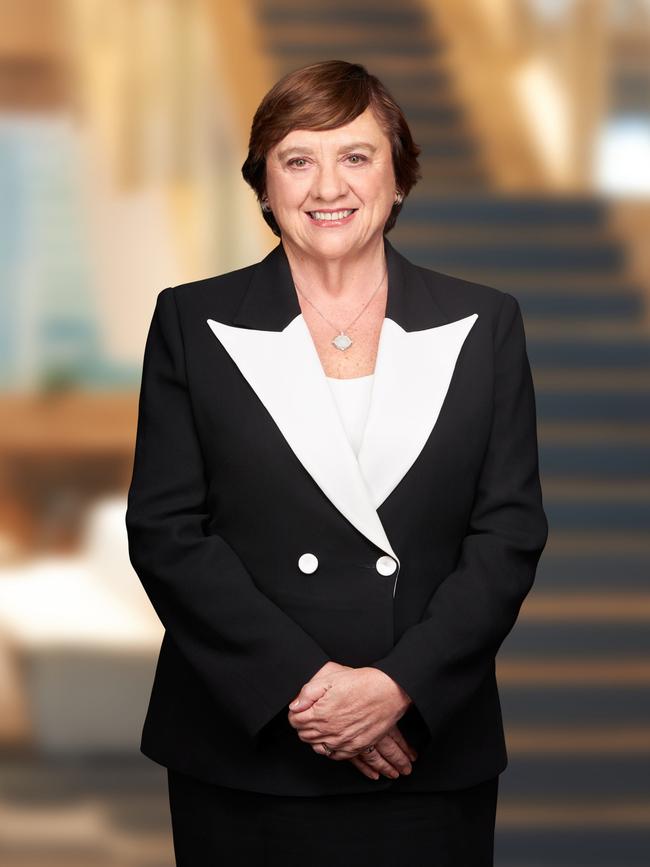
When the split was unveiled it prompted a share slide amid serious doubts around funding and cash generation and it put AGL in a strategic trap unable to recruit a new CEO or move forward. The unexpected intervention of tech billionaire Mike Cannon-Brookes forced a retreat and further shake-up in the board, with the rejection of Paula Dwyer as a candidate last week suggesting the old battles are still going.
New AGL chair Patricia McKenzie who on Monday took charge from Peter Botten from Monday, needs to move quickly to stem the loss of talent from AGL and offer hope for management stability. McKenzie is well credentialed in the energy space as the former chair of Essential Energy and has sat on the boards of APA, Transgrid and AEMO.
With Hunt who took on the job as CEO now planning to resign in two weeks, McKenzie needs to make a new management team her top priority.
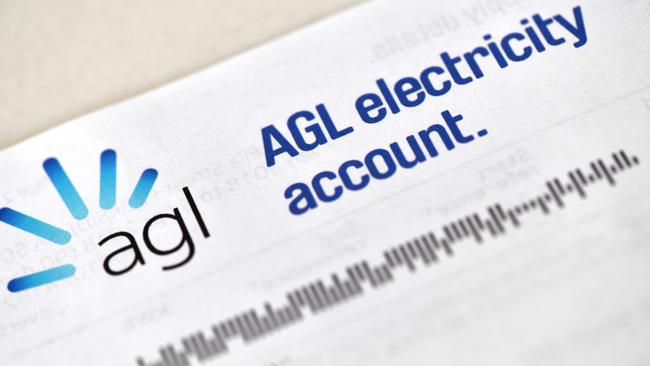
Through this she will test finance executive Damien Nicks who steps up as interim CEO, although she maintains she has a shortlist of local and global candidates.
It still begs the question as to why AGL insists on pushing ahead with a major strategic reset at the end of this month without a new CEO to sell the plan.
The management chaos of recent years means AGL is now so far behind on planning for an energy transition and without a stable management team it has only limited credibility in setting out a path to get there.
Canberra’s commitment to net zero has at least given AGL a better platform to make investment decisions while easing its legacy coal fired power plants out of service. But if AGL’s latest big reset fails, it will be vulture funds rather than transition funds coming after it.
johnstone@theaustralian.com.au
More Coverage
Originally published as Origin Energy CEO Frank Calabria bets on green for earlier payback



